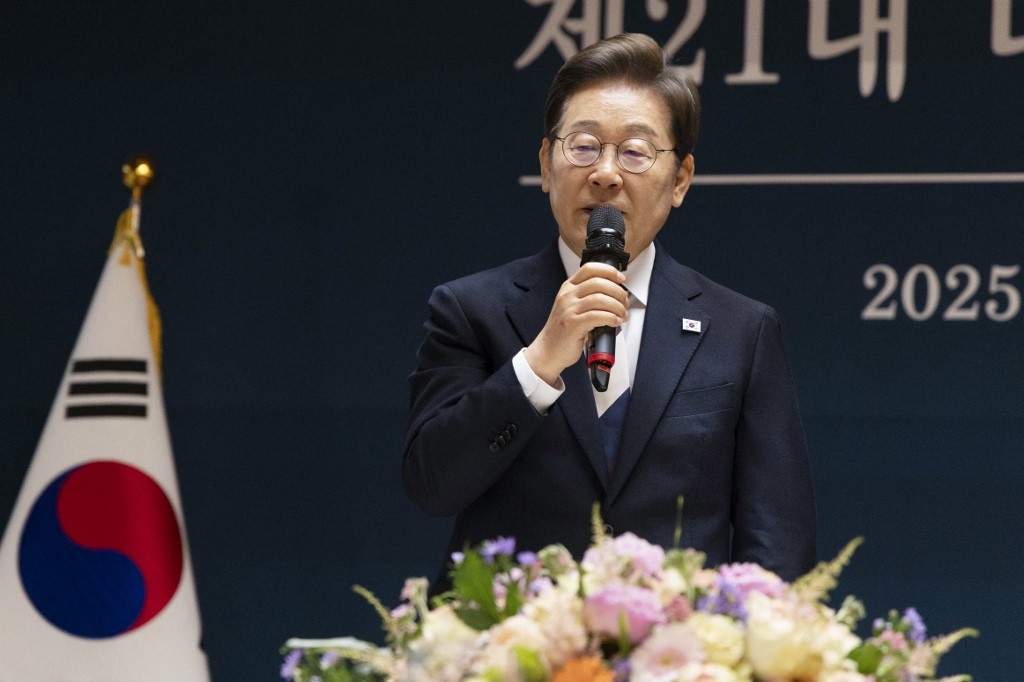Popular Reads
Top Results
Can't find what you're looking for?
View all search resultsPopular Reads
Top Results
Can't find what you're looking for?
View all search resultsSouth Korea says framework US trade deal possible by August, farm market access on table
South Korea is in a race to reach a compromise trade pact in the hope of avoiding a 25 percent tariff slapped on its exports by Trump that is set to kick in on August 1, after a late start to negotiations with a new president voted in last month.
Change text size
Gift Premium Articles
to Anyone
S
outh Korea's top trade envoy said on Monday it may be possible to strike an "in-principle" trade deal with the United States by an August 1 deadline and signaled Seoul may be open to allow greater access to its agriculture markets, local media reported.
Minister for Trade Yeo Han-koo, who held high-level talks with US officials last week, said South Korea was seeking to avoid "unfair" US tariffs on sectors key to its industrial prowess that would undermine industrial cooperation with its main security ally and trading partner, media reports said.
"I believe it's possible to reach an agreement in principle in the U.S. tariff negotiations, and then take some time to negotiate further," the Newsis news agency quoted Yeo as telling local media reporters. "Twenty days are not enough to come up with a perfect treaty that contains every detail."
"We need to make a strategic judgment in the case of the agriculture and livestock sectors," Yeo was quoted as saying, adding "sensitive" areas may need continued protection but some aspects may be considered as part of the overall framework.
There was "considerable progress" in the discussion with US officials over cooperation in key industrial sectors as part of the trade talks, Yeo was cited as saying, but Washington needed to cut industry-specific tariffs on autos and steel.
On Sunday in Maryland, US President Donald Trump told reporters "South Korea wants to make a deal right now," without elaborating what would cement a deal or speculate on a time frame for getting negotiations done.
South Korea is in a race to reach a compromise trade pact in the hope of avoiding a 25 percent tariff slapped on its exports by Trump that is set to kick in on August 1, after a late start to negotiations with a new president voted in last month.
President Lee Jae-myung took office on June 4 following the ouster of his predecessor Yoon Suk Yeol over a failed martial law attempt. The six months of political turmoil forced Seoul to initially focus on technical discussions over Trump's demands.
Top South Korean officials held meetings in Washington after Trump's announcement, including to negotiate cuts or exemptions from import duties on steel and autos.
A senior South Korean trade official said earlier this month Washington had shown a willingness to consider exemptions on sectoral tariffs, as it had when agreeing a deal with Britain, if South Korea proposed a clear offer to reduce trade deficits.
South Korea earned a record $55.6 billion trade surplus with the US in 2024, up 25 percent from 2023, led by rising car exports, according to Korea Customs Service data.
South Korea's effective tariff rates stand at near-zero under a free trade agreement first signed in 2007 then revised in 2018 under Trump's first term, according to economists.











